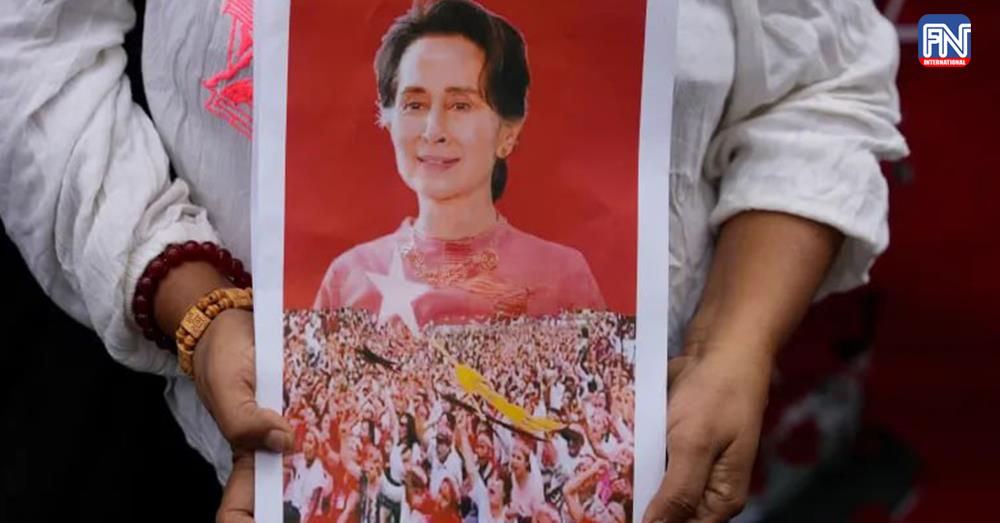TAIPEI, Sep 28 (Aljazeera) - The United Kingdom and Canada have joined the United States in condemning plans by Myanmar’s coup leaders to hold tightly controlled elections, as Taiwan voiced strong criticism of the regime’s atrocities and crackdown on its opponents.
Their condemnation is an indication of the hardening divisions between China and Russia on one side, and Western nations and their allies on the other, as well as self-ruled Taiwan’s willingness to champion democratic causes on the global stage.
“We’ll continue to watch very carefully [the regime’s planned election] and continue to advocate for human rights protection and democracy in Myanmar,” Taiwan’s Foreign Minister Joseph Wu told Al Jazeera in an interview on Thursday.
Myanmar’s generals, who seized power from the elected government of Aung San Suu Kyi and her National League for Democracy (NLD) in February 2021, have promised to hold new polls and unveiled revised election laws earlier this year that led to the NLD’s dissolution.
However, the military has not given a date for the polls, as it battles sustained opposition to its power grab.
“Every time there’s a serious violation of human rights, eg, when civilian leaders or democracy advocates etc suffer from the persecution of the military junta, MOFA [the Ministry of Foreign Affairs] does not stay quiet. We always issue statements to condemn the military junta for violating human rights,” Wu said, calling on the regime to restore democracy in the country. Taiwan has condemned the regime’s execution of political prisoners and the dissolution of the NLD.
Russia, meanwhile, has emerged as a key supporter and armourer of the Myanmar generals with coup leader Senior General Min Aung Hlaing visiting Moscow, and Russian officials pictured frequently in Myanmar. Relations with Beijing also appear to be warming, with strong economic engagements and senior members of the Union Election Commission visiting China.
Politicians and individuals seen as sympathetic to the regime were also in Japan earlier this month lobbying Japanese lawmakers to support the polls, according to the Myanmar Now website.
Still, a major reshuffle that saw some top military officials replaced is raising questions about the strength of the regime led by the army chief, Min Aung Hlaing.
This month, Lieutenant General Soe Htut and Lt-Gen Moe Myint Tun, two senior officials, were removed from the State Administration Council, as the military rulers call themselves, amid allegations of corruption.
Soe Htut was also removed as the first union government minister, while Moe Myint Tun was at the same time dismissed as chairman of the Myanmar Investment Commission, Foreign Exchange Supervisory Committee, and Central Committee on Ensuring the Smooth Flow of Trade and Goods this month.
The regime added two members, Myanmar military’s chief of the general staff, General Maung Maung Aye, and military conglomerate Myanmar Economic Corporation chair Lieutenant General Nyo Saw to the SAC. It also replaced senior official Bran Shaung at the UEC with Khin Zaw.
Some key economic portfolios were handed to General Mya Tun Oo, who was demoted and moved from defence minister to transport minister recently.
There is also concern about the risk of attacks on election-related infrastructure, the analyst told Al Jazeera, noting anti-coup attacks on the General Administration Department – a civil service body across the country – and immigration offices, as well as the assassination of a UEC deputy director general earlier this year.
The UK and Canada have questioned the credibility of the planned polls after the forced dissolution of political parties. The military-run UEC in March dissolved the NLD and 39 other parties for refusing to comply with a tough new Political Party Registration Law. The parties together won 89 percent of the seats in the November 2020 election.

Photo from AP